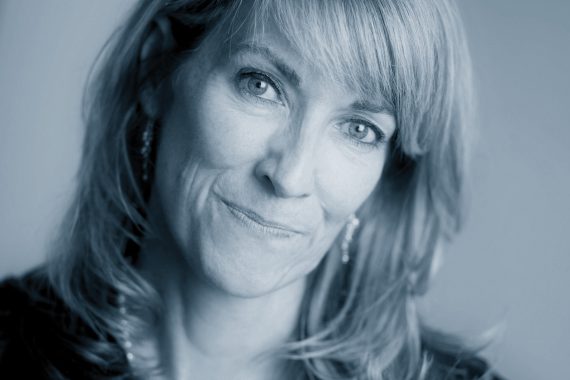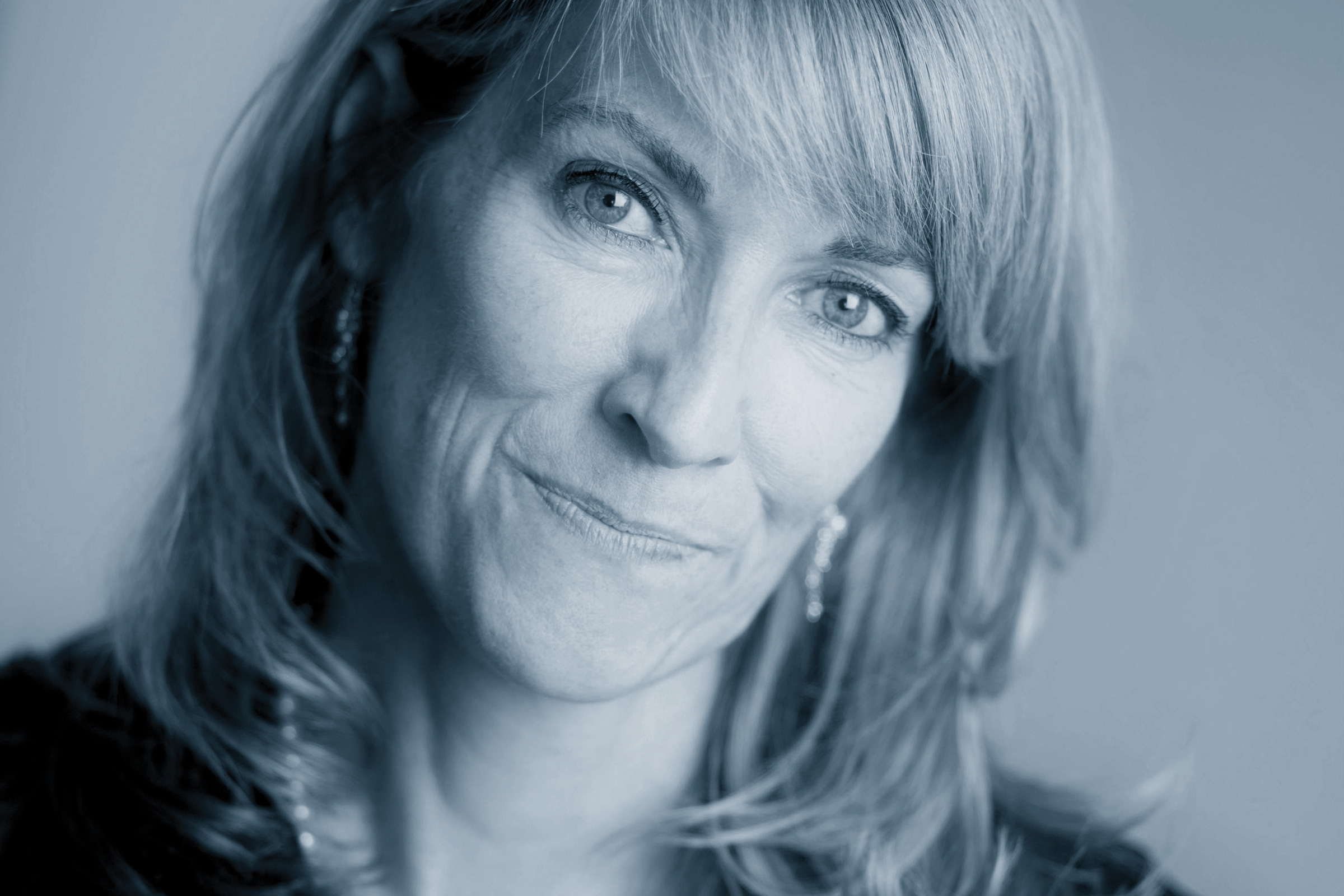A lesson in observing patient’s boundaries


Years ago I spent four individual weeks in hospital. My thyroid decided to grow a malignant hurthle cell tumour. From my journey, a lesson that resonates with me today hopefully helps me better interact with patients.
The lump was biopsied as benign, and as not interfering with anything, my surgeon suggested we remove it at my leisure and I booked a hemi-thyroidectomy nine months later. A few days later I got a call from my surgeon to say that the histology was back and he needed to see me urgently.
The news of a Hurthle cell was delivered and the only words I heard were ‘so rare, unusual at your age, aggressive, no treatment on recurrence’. From here it was a whirlwind of activity as I was admitted back for a complete thyroidectomy 10 days after the first surgery, in a daze.
In hospital following the second surgery, I was floored by two anaesthetics in 10 days and had drains and pain. It took hours to stop me vomiting after the surgery and I was wiped out, which for me is completely counter to my usual approach to life. I desperately wanted a shower. One of the lovely nurses offered to help me.
To say that I was mortified is an understatement
I had to cope with having a stranger in the room with me as I showered. She held my drains and I got on with the task, pretending that I was alone, which was my mental and only way of coping. However, that illusion was shattered when the nurse, trying to be kind, said ‘haven’t you got a fantastic figure’.
Ordinarily I might be delighted at such a flattering comment, but not at my lowest ebb, standing naked in a shower, with a complete stranger, who had just demonstrated that she could see me. To say that I was mortified is an understatement and I can envisage it today like it was yesterday. It reduced me to something I am not: incapable, needy and dependent and drove home the humiliation.
This experience as a patient has made me think carefully about the vulnerability of a patient when in an intimate situation. For me, as the doctor, I don’t know what the patient has had to construct for themselves to entrust me with their issues and cope with whatever ensues. I don’t compliment or comment unless we have built a relationship where that door has been clearly opened and signposted; the patient always leading.
And I am acutely aware that we may never know when we inadvertently crush emotions. That nurse has no idea to this day how her well-intended comment made me feel: I just finished my shower super quick and declined any help with another.
I have only been an inpatient over this period but the lesson it allowed me to bring to being a doctor was massively important and long lasting, and hopefully makes me a more holistic and sensitive one to boot.
Dr Renee Hoenderkamp is a portfolio and media GP in London
Click here to read all the entries to Pulse’s annual writing competition ‘Turning Tables’
Pulse July survey
Take our July 2025 survey to potentially win £1.000 worth of tokens











